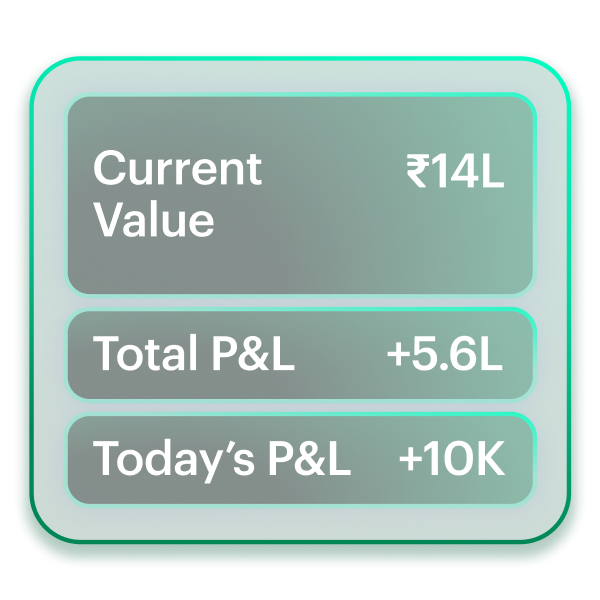Last Updated on Mar 9, 2023 by Anshiya Tabassum
Timing the market, or trying to predict the ups and downs of the stock market, is a strategy that has been debated by investors for decades. Some people believe that they can predict market trends and make smart investments at the right time, while others believe that market timing is impossible and that the best strategy is to simply stay invested for the long term.
In this blog post, we’ll explore the pros and cons of timing the market and whether it’s a wise investment strategy.
Table of Contents
What is the timing of the market?
Timing the markets refers to trying to buy or sell stocks at the right time to take advantage of market movements. For example, you (an investor) might try to buy stocks at a low point and then sell them when they are at a high point to make a profit. The idea behind timing the market is to buy low and sell high, but it’s a tricky business.
Pros of timing the market
- Potential for higher returns: If you can successfully time the market, they can potentially earn higher returns than someone who invests in the market long-term.
- Opportunity to avoid losses: Timing the market can also help you avoid losses during market downturns. For example, if you sell your stocks before a market crash and then buy back when the market is low, you can potentially avoid some of the losses that other investors experience.
Cons of timing the market
- The difficulty of predicting the market: Predicting market trends is incredibly difficult, if not impossible. Even professional investors with access to sophisticated tools and resources can’t accurately predict the market.
- Risk of missing out: Timing the market can lead to missed opportunities. If you try to time the market and miss the right buying or selling opportunity, you could miss out on potential gains.
- High transaction costs: Timing the market involves buying and selling stocks frequently, resulting in high transaction costs that eat away at potential profits.
Is timing the market a wise investment strategy?
To time the market is generally not a wise investment strategy. The associated risks and transaction costs often outweigh the potential profit. Instead, it’s generally better to focus on long-term investment strategies that consider market volatility.
To maximize your returns, you can use various investment strategies, such as diversification, dollar-cost averaging, and asset allocation, to reduce risk and maximize returns over the long term.
Conclusion
While timing the market might seem like a good strategy in theory, the risks and difficulty of accurately predicting market trends make it a risky and unreliable investment strategy. Use Tickertape’s Market Mood Index to understand the market’s mood, analyze the sector, and then the companies you are interested in. Overall, understand the market and make a wise investment decision. Happy Investing!
- Financial Planner and Why Do You Need One? - May 11, 2023
- Timing the Market: Is It a Wise Investment Strategy? - Mar 9, 2023
- How to Build an Investment Portfolio? - Feb 7, 2023




